|
All eyes will be on Alberta on Monday when voters make a choice between the New Democrats and the United Conservatives – a provincial election that could have national implications. Polls suggest it’s a very close race between the NDP’s Rachel Notley, the former premier, and current Premier Danielle Smith of the UCP.
It’s been an unusual campaign – one conducted while a large part of the province has been battling wildfires and people have been forced to evacuate their homes. And as with all Alberta elections, the UCP (and its conservative predecessors) seem to campaign against Ottawa as much as it does against its provincial opponents. Smith came to power last fall by promising to bring in the Alberta Sovereignty Act, which Notley says she will repeal if her party wins on Monday.
We’ve lined up some analysis of the election that we’ll publish after the vote is held. But for your weekend reading, I’ve assembled some recent Alberta-focused stories we’ve published recently, as well as a few from the archives that explain how Smith won her party’s leadership – and why no party will ever bring in a provincial sales tax.
Have a great weekend and we’ll be back in your Inbox on Monday.
|
Weekend Reads: Alberta Votes
|
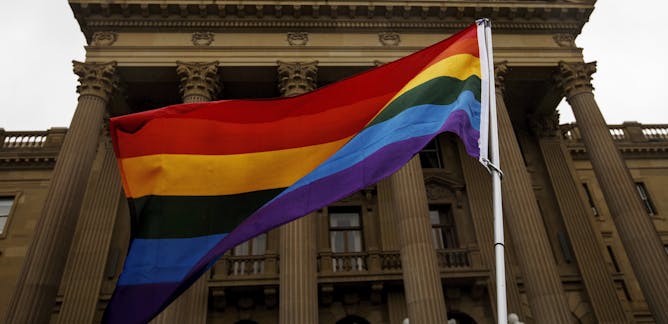
Leah Hamilton, Mount Royal University; Corinne L. Mason, Mount Royal University; Irene Shankar, Mount Royal University
How Alberta votes on May 29 will either pave the way for 2SLGBTQ+ youth to be affirmed in their identities or it will create a formal pathway for homophobia, biphobia and transphobia in the province.
| |
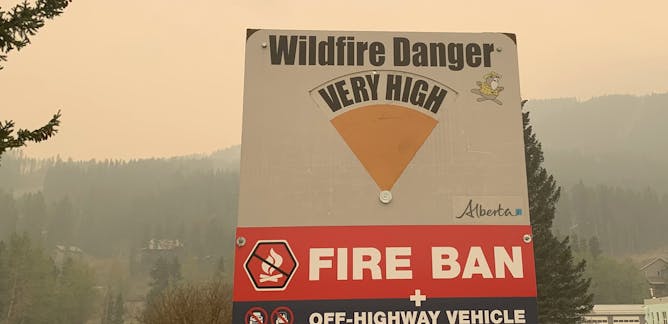
J-C Couture, University of Alberta; Melissa McQueen, University of Alberta
School systems need to wake up from ‘business as usual’ learning. Teachers can draw on terror management theory in their work on the front lines with students navigating the climate crisis.
|
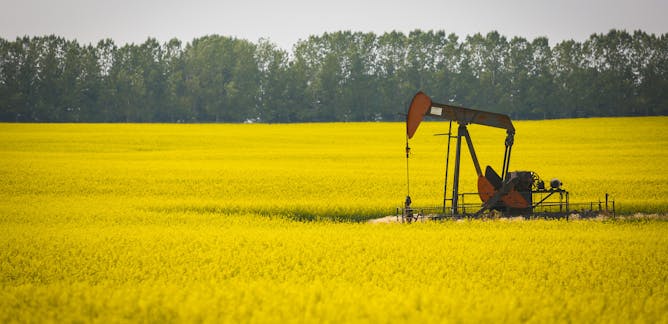
Robert L. Ascah, University of Alberta
A series of ongoing issues in Alberta’s oil and gas sector suggest the province’s energy regulator is controlled by the industry and has lost the public’s trust.
| |
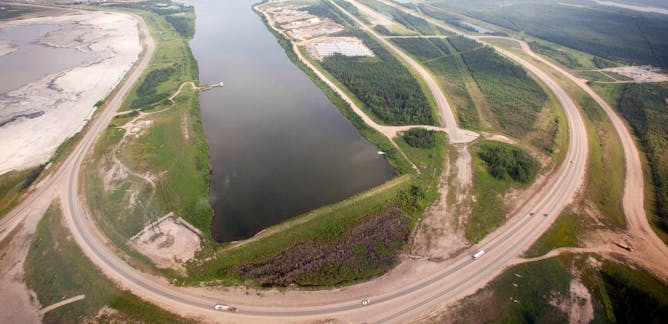
Diane Orihel, Queen's University, Ontario; Chloe Robinson, Queen's University, Ontario; Chris K. Elvidge, Carleton University
As toxic water continues to spill from tailings ponds across mining developments, decades of scientific research provides evidence of how wildlife will be affected.
|
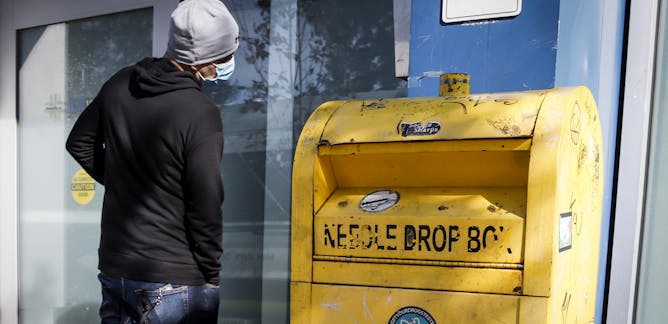
Tyson Singh Kelsall, Simon Fraser University; Alya Govorchin, Simon Fraser University; Lyana Patrick, Simon Fraser University
Instead of forcing people into substance use treatment, provinces should work with municipalities and health boards to expand life-saving safe use sites and tackle the housing crisis.
| |
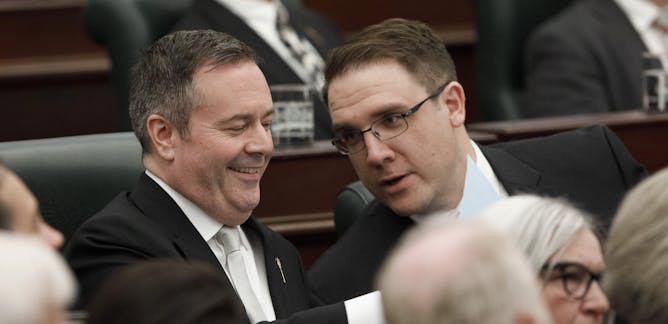
Robert L. Ascah, University of Alberta
A sales tax — a tax that’s stable, easy to administer and costs less to collect than income taxes — would stabilize Alberta’s volatile roller-coaster economy.
|
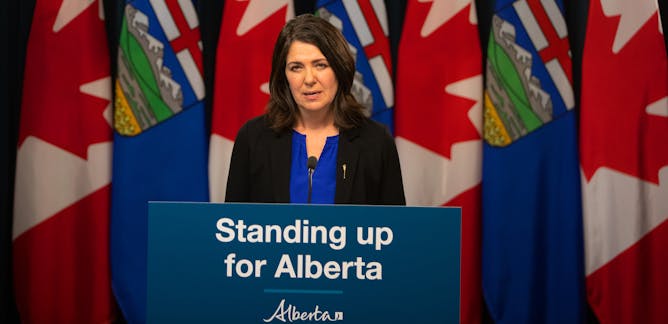
Robert L. Ascah, University of Alberta
The Free Alberta Strategy is in fact a road map for Alberta sovereignty, touching on the most essential compartment of sovereignty — banking and currency.
| |
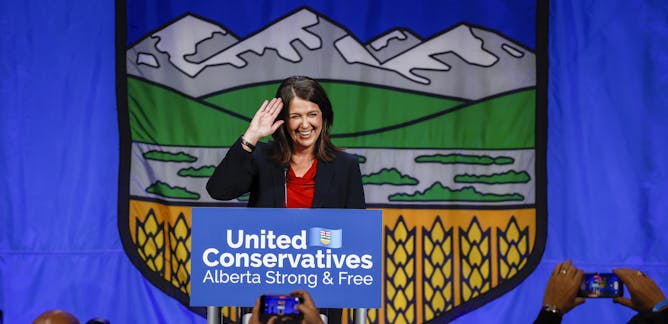
Lisa Young, University of Calgary
Danielle Smith’s win in the UCP leadership race follows the populist playbook. Will her time in office be a brief interlude, or the start of a significant challenge to national unity?
|
|
|
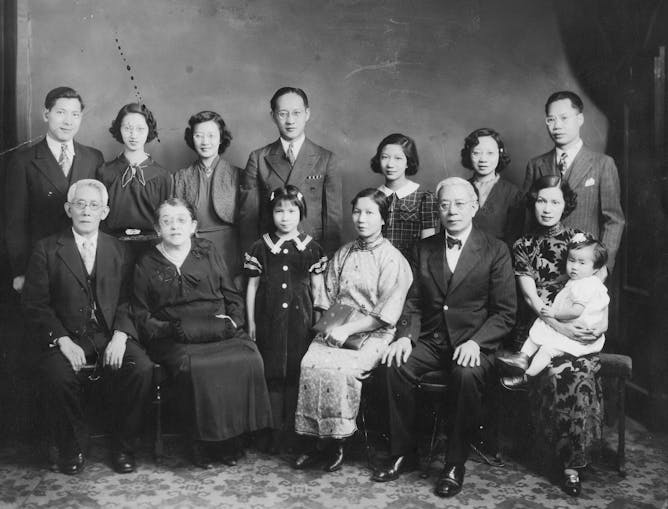
Vinita Srivastava, The Conversation
Author Ava Chin, a 5th generation New Yorker, traces the roots of today’s high rates of anti-Asian violence back to 19th century U.S. labour and immigration laws.
|
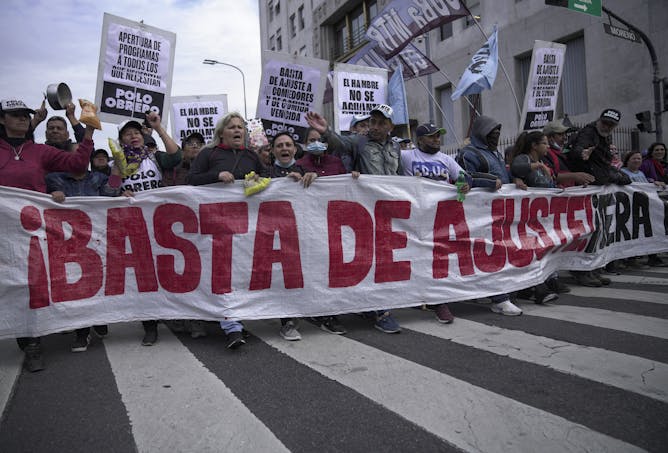
Mend Mariwany; Nehal El-Hadi, The Conversation
The conditions placed on countries borrowing money from the International Monetary Fund have further disadvantaged these countries economically.
|